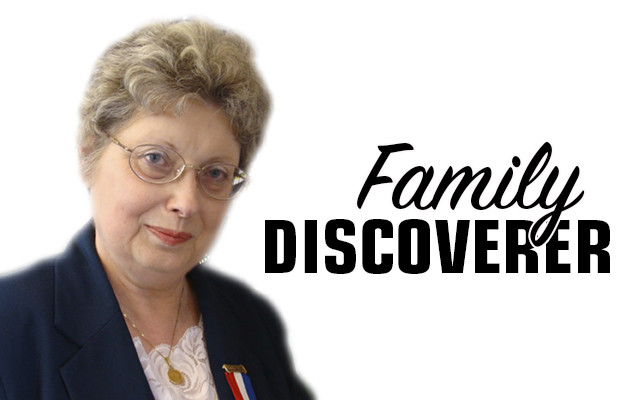
Guardianships
By Nancy Battick
When James Roosevelt, father of Franklin Delano Roosevelt, died in 1900, his will contained something unique. He named his wife, Sara, as his son’s sole guardian until the son reached the age of 21.
While this seems like common sense today, it was almost unheard of for that time. James obviously trusted his wife’s management skills and abilities, but few men would have agreed with James. As difficult as it may be for us to grasp, it was generally impossible for a widow to be appointed guardian of her own children. And it had always been that way.
With a few exceptions, men were assumed to have superior management skills and a religious authority over their female family members. While most states had passed married women’s property laws during the 19th century, which allowed a widow to own or sell her own property, prior to that time it was always the rule of the courts that a male had to manage these affairs for her.
Courts ruled by male judges simply believed women needed to be protected and, like children, couldn’t manage their own affairs. Women passed from the authority of their fathers or guardians to that of their husbands and later to the rule of an adult male relative, a son or a court-appointed guardian.
But married women’s property acts were silent about the guardianship of minor children. Men often named a family member as a guardian for their children. It wasn’t only the rich and famous who believed women shouldn’t have a voice in their children’s futures, finances or even marriages; it was widely accepted in society. Women were second-class citizens and, like children, thought to be in need of protection.
My family tree has several examples of widows with minor children who had to suffer having their children’s lives managed by male guardians appointed by the court. In some instances, I suspect the widows welcomed the assistance. Others are trickier.
For example, when Stephen Thurston died in 1862, the guardianship of his two sons was granted to Stephen’s attorney, though the boys had several maternal male relatives. However, Stephen and his wife were divorced when she accused Stephen of drunkenness, adultery, abuse and failure to support his family. Divorce was granted, but the guardianship of the four children was divided. The two daughters were under their mother’s guardianship, and the two sons under their father’s.
Given the seriousness of the charges against Stephen, I’m forced to wonder why a judge would trust him to raise young men. Perhaps it was a case of boys will be boys.
When a court-appointed attorney managed an estate, he charged fees. This practice undoubtedly diminished the estate. The attorney would oversee the children’s education, money for their daily needs and all other financial matters — including his own fees.
Guardianship records, as well as estate records, can be found in probate courts along with wills and estate settlements. They make for interesting reading and often contain some eye-opening revelations.
Columnist Nancy Battick of Dover-Foxcroft has researched genealogy for over 30 years. She is past president of the Maine Genealogical Society, author of several genealogical articles and co-transcribed the Vital Records of Dover-Foxcroft. Nancy holds an MA in History from UM. Reader emails are welcome at nbattick@roadrunner.com.